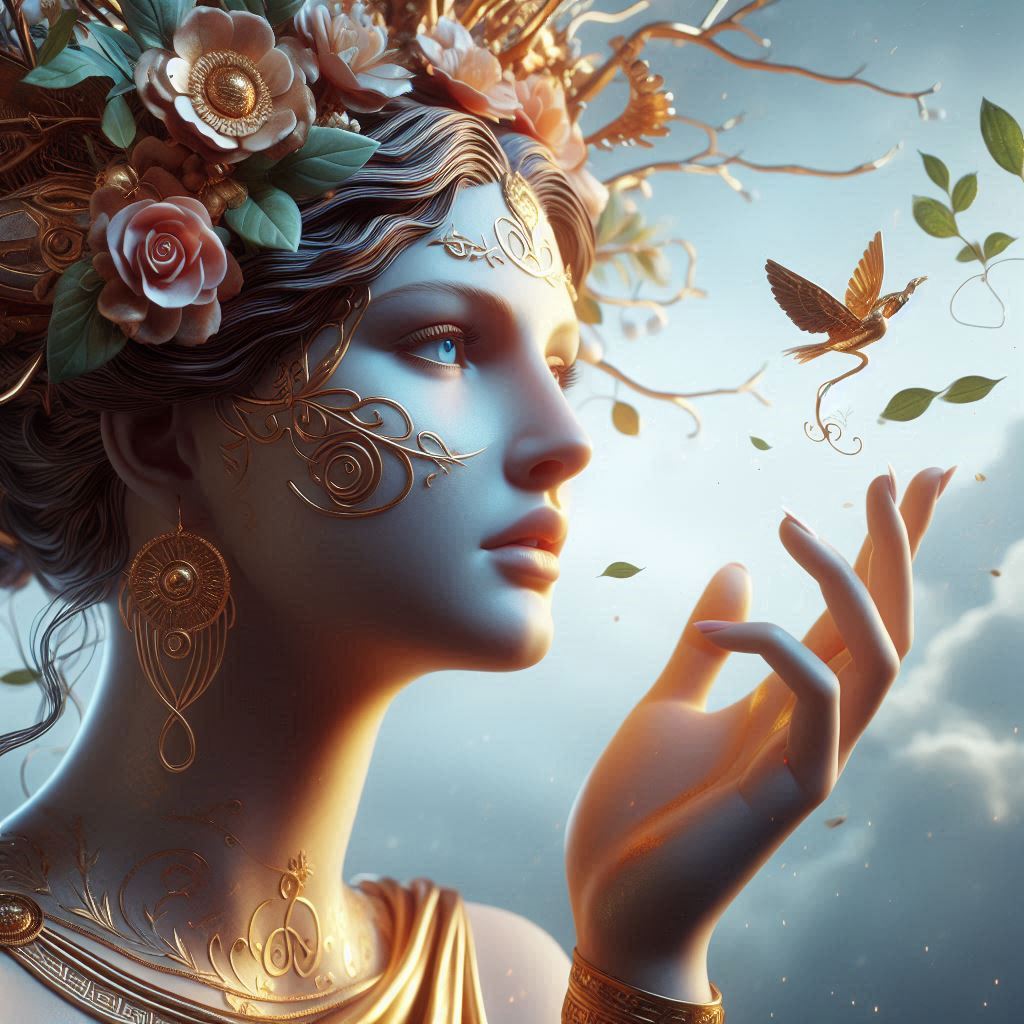Table of Contents
Zorba the Greek: A Philosophical and Existential Exploration of Life, Freedom, and Passion
Nikos Kazantzakis’ Zorba the Greek (1946) is more than just a novel—it is a philosophical manifesto, a celebration of raw human vitality, and a critique of modern alienation. Through the dynamic relationship between the two protagonists—the introspective narrator and the irrepressible Alexis Zorba—Kazantzakis explores fundamental questions about existence, freedom, and the meaning of life. The novel challenges readers to reconsider the balance between intellectual contemplation and unbridled passion, between societal constraints and personal liberation.

This essay will examine:
- The Dichotomy Between Thought and Action – The contrasting worldviews of Zorba and the narrator.
- Zorba’s Philosophy of Life – His rejection of societal norms and embrace of spontaneity.
- The Symbolism of Dance and Music – How Zorba’s dancing represents his existential freedom.
- Nietzschean and Buddhist Influences – The philosophical underpinnings of Kazantzakis’ work.
- Critique of Modernity and Religion – Zorba’s rebellion against institutionalized morality.
- The Tragic and the Joyous – The novel’s blend of suffering and ecstasy.
- Legacy and Cultural Impact – Why Zorba the Greek remains relevant today.
By analyzing these aspects, we can better understand why Zorba the Greek continues to resonate as a timeless meditation on what it means to truly live.
1. The Dichotomy Between Thought and Action
The novel’s central tension lies in the opposing personalities of the narrator and Zorba. The narrator, a young intellectual, is paralyzed by overthinking. He spends his days reading books, writing, and pondering abstract philosophical questions. His life is one of restraint and hesitation.
In contrast, Zorba—a middle-aged Greek laborer—lives with unrestrained passion. He drinks, dances, loves, and works with equal fervor. Unlike the narrator, who seeks meaning in books, Zorba finds meaning in direct experience. Their relationship mirrors Kazantzakis’ own internal struggle between intellectualism and visceral living.
Kazantzakis, who was deeply influenced by Friedrich Nietzsche, presents Zorba as a man who embodies the Dionysian spirit—a force of chaos, creativity, and instinctual joy. The narrator, meanwhile, represents the Apollonian side—order, reason, and restraint. The novel suggests that a fulfilling life requires a balance between these two forces, though Zorba clearly favors the Dionysian approach.
“A man needs a little madness, or else he never dares to cut the rope and be free.”
—Zorba
This line encapsulates Zorba’s belief that true freedom comes from abandoning excessive rationality and embracing life’s unpredictability.
2. Zorba’s Philosophy of Life: Rejecting Conformity
Zorba is a rebel in every sense. He rejects:
- Social conventions (marriage, religious piety, economic ambition).
- Moral dogmatism (he lies, steals, and loves without guilt).
- Fear of death (he lives as if each day is his last).
His philosophy is not nihilistic but rather affirmative—he does not deny life’s suffering but chooses to defy it through joy. When faced with failure (such as the collapse of their mining venture), Zorba does not despair. Instead, he laughs, dances, and moves on.
His relationship with Madame Hortense, an aging French courtesan, further illustrates his worldview. While others mock her, Zorba treats her with tenderness—not out of pity, but because he recognizes the beauty in her fading vitality. His acceptance of impermanence reflects a Zen-like appreciation for the present moment.
3. The Symbolism of Dance and Music
One of the most powerful motifs in the novel is Zorba’s dance. Unlike the narrator, who is stiff and self-conscious, Zorba dances with wild abandon—whether in moments of joy or sorrow.
Why does Zorba dance?
- As defiance against fate: When life crushes his plans, he dances to assert his freedom.
- As a form of prayer: Unlike traditional religion, Zorba’s spirituality is physical, immediate.
- As pure expression: Words fail him, but movement does not.
The dance symbolizes existential freedom—the idea that, even in a meaningless universe, one can create meaning through action. This aligns with Nietzsche’s concept of amor fati (love of fate), where one embraces life’s chaos rather than resisting it.
4. Philosophical Influences: Nietzsche and Buddhism
Kazantzakis was deeply influenced by:
- Nietzsche’s Thus Spoke Zarathustra – Zorba resembles the Übermensch, a self-determined individual who creates his own values.
- Buddhist impermanence – Zorba accepts suffering as part of life, much like Buddhist teachings on detachment.
- Bergson’s vitalism – The idea that life is an unstoppable, creative force.
Zorba embodies these philosophies not through theory but through lived experience.
5. Critique of Modernity and Religion
The novel harshly critiques:
- Organized religion – The villagers’ hypocrisy contrasts with Zorba’s authentic spirituality.
- Capitalist exploitation – The mining venture fails because of greed and poor planning.
- Intellectual sterility – The narrator’s books cannot teach him how to live.
Zorba’s way is presented as the antidote to modern alienation.
6. The Tragic and the Joyous
The novel does not shy away from suffering—death, betrayal, and failure are constant. Yet Zorba’s response is always to keep dancing. This duality makes the novel both heartbreaking and exhilarating.
7. Legacy and Cultural Impact
The novel (and the 1964 film adaptation) left an indelible mark on global culture:
- “Zorba’s Dance” became a worldwide musical phenomenon.
- Zorba as an archetype – The free-spirited, life-affirming rebel appears in many later works.
- Philosophical discussions – The book remains a staple in existentialist literature.
Conclusion
Zorba the Greek is not just a story but a call to live boldly. In a world increasingly dominated by bureaucracy, digital detachment, and existential anxiety, Zorba’s philosophy—embracing passion, rejecting fear, and dancing through life’s chaos—remains as vital as ever.
Kazantzakis does not dismiss intellect but argues that wisdom must be felt, not just thought. As the narrator learns, books alone cannot teach a man how to live—sometimes, he must follow a madman who knows how to dance.


No responses yet